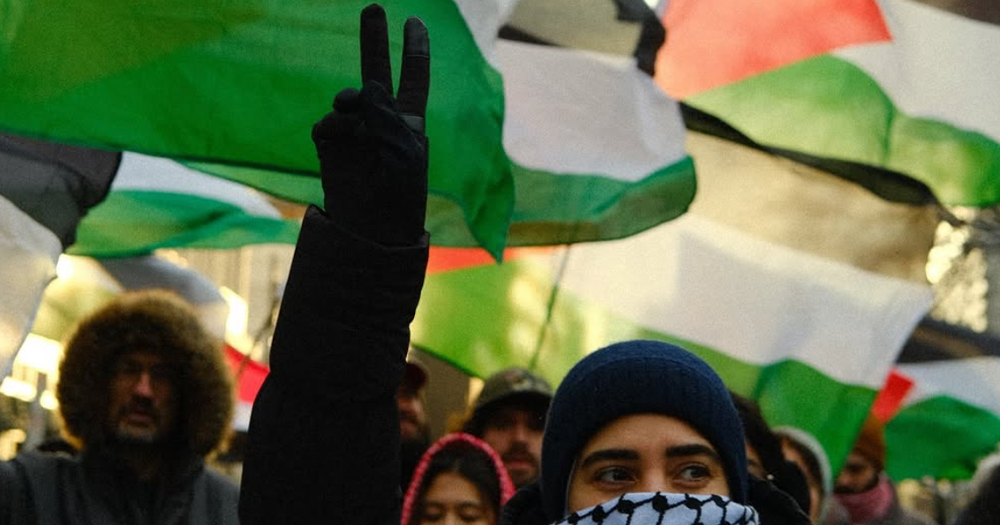Israeli Prime Minister Benjamin Netanyahu announced today, January 17, that a ceasefire agreement with Hamas, involving the release of hostages held in Gaza, has been formally approved after delays.
Meanwhile, Israeli warplanes continued heavy strikes on Gaza as the government delayed its cabinet vote on the deal. Palestinian authorities reported 86 deaths from Israeli airstrikes in the 24 hours following the initial announcement of the truce.
However, senior US officials remained confident the ceasefire would proceed as planned. US Secretary of State Antony Blinken expressed optimism on Thursday, saying he fully expected the ceasefire to begin on Sunday despite some unresolved “loose ends” in the complex negotiations. Diplomats have been actively mediating talks in Doha to finalise the details of the agreement.
The deal outlines a six-week initial ceasefire that will see the gradual withdrawal of Israeli forces from the Gaza Strip as well as the release of 33 of the 98 Israeli hostages still held by Hamas, including all women, children and men over 50. Two American hostages are also to be released in this phase.
If successful, subsequent phases would involve discussions on a permanent ceasefire, the complete withdrawal of Israeli forces from Gaza, and the eventual release of all remaining hostages. Talks regarding additional measures and a move into a second stage are set to begin within 16 days of the first phase.
The third stage will see the return of all remaining dead bodies as well as the start of the reconstruction of Gaza, supervised by Egypt, Qatar and the United Nations.
In Gaza, news of the ceasefire agreement and deal was met with celebrations, with residents gathering in the streets to wave flags and dance in jubilation. On the contrary, protests erupted in Jerusalem, where families of Israeli soldiers voiced opposition to the ceasefire. They criticised the decision, arguing it compromised national security and undermined military objectives in Gaza.
© 2025 GCN (Gay Community News). All rights reserved.
Support GCN
GCN is a free, vital resource for Ireland’s LGBTQ+ community since 1988.
GCN is a trading name of National LGBT Federation CLG, a registered charity - Charity Number: 20034580.
GCN relies on the generous support of the community and allies to sustain the crucial work that we do. Producing GCN is costly, and, in an industry which has been hugely impacted by rising costs, we need your support to help sustain and grow this vital resource.
Supporting GCN for as little as €1.99 per month will help us continue our work as Ireland’s free, independent LGBTQ+ media.
